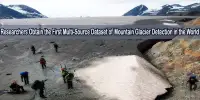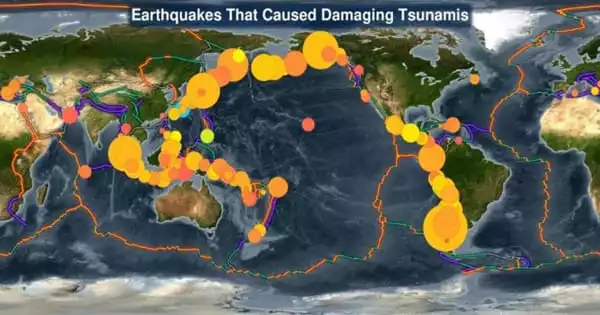Global Catastrophic Risk (GCR) refers to events that have the potential to cause widespread and severe harm on a global scale, affecting the well-being and survival of a significant proportion of the human population. It is a speculative event that could have global consequences for human well-being, even endangering or destroying modern civilization.
These dangers are distinguished by their potential for catastrophic consequences, both in terms of scale and magnitude of harm. Natural disasters, technological advances, and human activities can all pose global catastrophe risks. An “existential risk” is an event that could lead to human extinction or severely limit humanity’s existence or potential.
Over the last two decades, a number of academic and non-profit organizations have been established to research global catastrophic and existential risks, formulate potential mitigation measures and either advocate for or implement these measures.
Some key categories of global catastrophic risks include:
- Natural Disasters: A large asteroid colliding with Earth could cause widespread destruction and mass extinction. A massive volcanic eruption has the potential to impact global climate and cause widespread environmental damage.
- Pandemics: The rapid spread of a highly contagious and deadly pathogen could result in a global pandemic, causing significant loss of life and economic disruption.
- Technological Risks: The development of highly autonomous AI systems could pose risks if they surpass human control or understanding, leading to unintended consequences.
- Nuclear Weapons: The use of nuclear weapons in warfare could have global ramifications.
- Climate Change: Rapid and extreme changes in climate patterns may have far-reaching consequences for ecosystems, agriculture, and human societies.
Efforts to reduce global catastrophic risks include scientific research, policy development, international cooperation, and technological advancements. Organizations and initiatives such as the Effective Altruism movement and the Future of Humanity Institute work to understand and address these risks in order to ensure humanity’s long-term survival and well-being. Furthermore, ethical considerations and the responsible development of emerging technologies are critical components of managing global catastrophic risks.
















